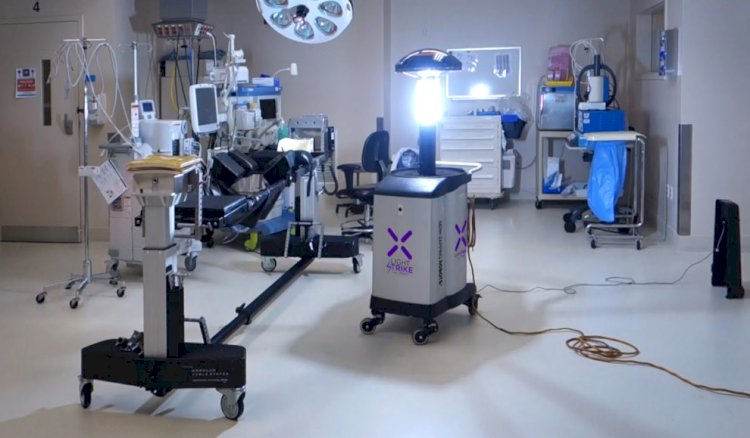European market for medical devices in the light of the pandemic,
European market for medical devices in the light of the pandemic,

Whether it's emergency and intensive care ventilators, Personal Protective Equipment (PPE) or In-Vitro Diagnostic (IVD) kits required to diagnose the virus, the medical device industry is at the forefront of efforts to counter the coronavirus. For medical device companies it has become crucial to be able to accommodate the unexpected increase in demand for equipment and carry out more work.
Despite manufacturers' factories shutting down production, reduced factory operating hours, reduced workforce and sometimes shutdown of research and development, the medical device industry needs to keep up with demand. Bringing innovative new products to the market is definitely a challenge throughout theses time.
Regardless of the coronavirus outbreak, the European Commission has agreed to postpone by one year the transition from MDD to MDR scheduled to be introduced on May 26th 2020. This helps the medical device industry and the Notified Bodies (NBs) to focus on the issue at hand and put all their resources into combating coronavirus. There has, however, been no news yet about the postponement of the 2017/246 In Vitro Diagnostic Regulation (IVDR), which comes into force on May 26, 2021. This puts some extra pressure on manufacturers of IVDs as they must be on track for the changes to be implemented in order to transition to IVDR. In addition to this, they must keep up with the growing demand for essential diagnostic tests and the pandemic challenge of kit manufacturing and distribution.
Some NBs, as in Germany, the UK and France, briefly relaxed the rules on CE labeling for PPE and required medical equipment as a matter of urgency. Those are in short supply and countries need to purchase them or even import them without a CE label. Furthermore, in order to ensure that quality requirements are met, goods must be marketable in the United States, Canada, Australia or Japan and have instructions for use in the local language available. Therefore, medical device companies now need to consider and negotiate whether their product will benefit from these temporary regulations with the related NBs.
The European Standards Organizations, the European Committee for Standardization (CEN), the European Committee for Electrotechnical Standardization (CENELEC) and several national organizations, such as the German Standardization Institute (DIN), have made standard and technical documents related to PPE and medical devices available free of charge until further notice. Thus, those requirements can now be downloaded free of charge online. The European Commission has made exports of certain medical devices such as PPE and other such protective equipment subject to authorization for a temporary period. This could be hard for medical device companies that are contractually obliged to supply devices to countries outside the EU. Norway, Lichtenstein and Switzerland should not qualify for such authorization.




























